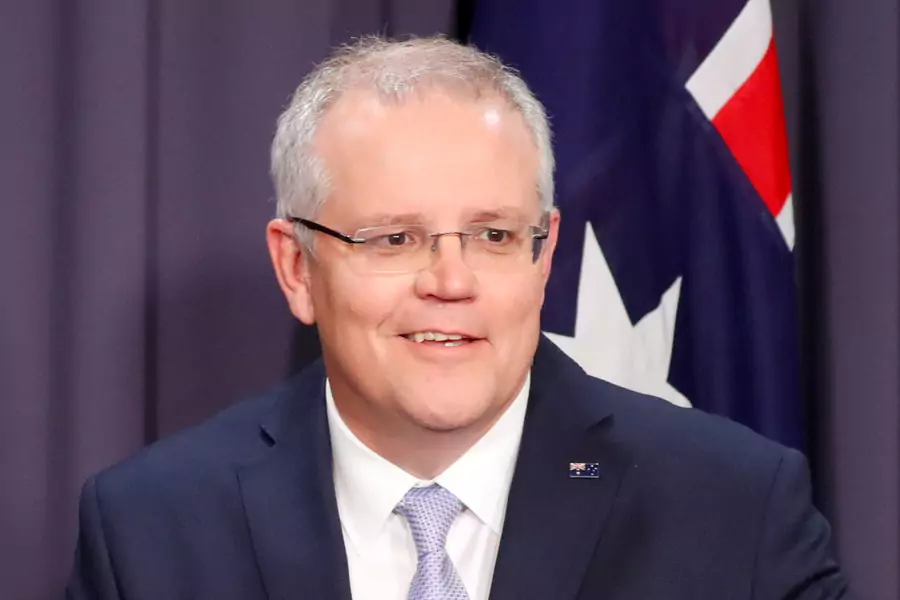How Will Australia’s Repeated Leadership ‘Spills’ Impact Its Foreign Policy?

More on:
Last month, an internal party ballot within the ruling Liberal Party ousted former Prime Minister Malcolm Turnbull. He was replaced by Scott Morrison, who had previously served as Australia’s treasurer. The shift led to the seventh prime minister in Australia in roughly a decade, with many toppled in internal party coups. Turnbull, in fact, had been one of the leaders of a previous Liberal Party revolt against former Prime Minister Tony Abbott that led to Abbott’s ousting in 2015.
Some commentators, like Tom Switzer of the Center for Independent Studies in Sydney, who analyzed Australia’s leadership spills for CFR’s Asia Unbound (in a thorough post I commissioned) argue that, on balance, the constant turmoil at the top in Canberra does not presage broader political upheaval within Australia. Yet Australia’s political in-fighting does have potential foreign policy consequences, at a time when U.S. leadership in Asia is often absent, China is on the ascendance, and Australia could, in theory, help fill that void left by the Trump administration. For more on these consequences, see my new World Politics Review article.
More on:
 Online Store
Online Store